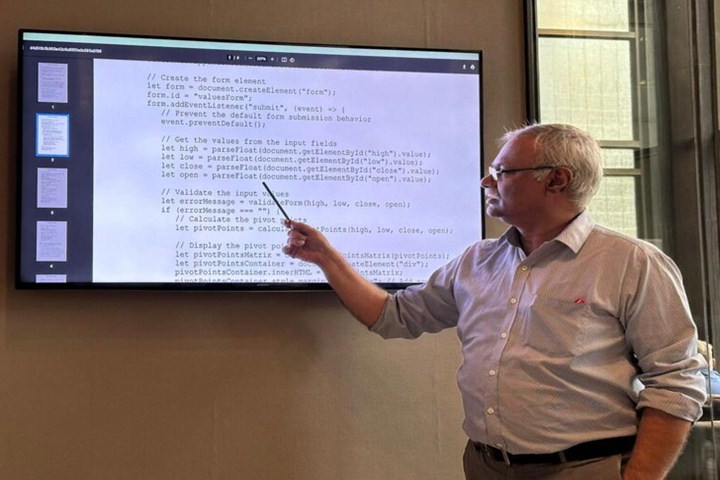Of GCSE Tutoring in Leicester, and the Peculiar Anxieties of Modern Parents
It was a curious thing—Leicester parents, in this year of grace 2025, found themselves in possession of children who were bright (remarkably so!), yet troubled by examinations of such Byzantine complexity as would have perplexed a medieval scholastic. The schools—Judgemeadow, City of Leicester, Soar Valley, and that venerable institution Leicester Grammar with its three grade 7s and three grade 6s demanded for sixth form entry (a requirement so precise as to suggest it had been calculated by actuaries rather than educators)—these schools laboured mightily. Yet the children faltered.
Not from indolence. Never that. From bewilderment.
For GCSEs had transformed themselves, much as a respectable caterpillar transforms into something altogether more alarming. Gone were the simple days of memorization; arrived were "multi-step reasoning problems" and "explain your answer" questions worth eight marks apiece—fiendish contraptions designed, it seemed, to expose not what a child knew but what manner of mental gymnastics they could perform under duress.
Here entered the online tutor from India. £8 per hour. Suspicious? Naturally. Leicester parents possessed the healthy skepticism of those who had seen too many bargains turn sour.
"But how," they inquired, "can someone in Delhi comprehend Edexcel?"
The answer, prosaic enough: by studying the blessed thing for nine years running. The 1MA1 mathematics paper and AQA sciences held no mysteries—we possessed perhaps 200 past papers (filed chaotically, admittedly, in various folders requiring reorganization). Repetition built mastery. Familiarity bred contempt for questions that had once seemed insurmountable.
The time difference proved advantageous rather than otherwise. Leicester students required evening tutoring—six o'clock, seven, sometimes later still. For us in India, midnight. Inconvenient, certainly, but habit renders all things tolerable.
The actual mechanics were unremarkable: Zoom, an online whiteboard, immediate answers to questions like "Why divide by 0.2 here?" No mysticism. No revolutionary pedagogy. Simply explanation, repeated exposure, and the gradual dissolution of panic.
Three months of weekly sessions typically yielded improvement of two grades—not universally, for some students possessed foundations so riddled with gaps from Year 9 as to require archaeological excavation before progress could commence. Others needed merely confidence. One girl from Judgemeadow rose from predicted 5s to actual 7s in mathematics and both sciences. Her mother wept. I confess to a certain dampness of eye myself.
But Leicester possessed its particular pressures. The city's schools—particularly Bishop Vesey's Grammar and those ambitious institutions expecting grade 6s as minimum currency for sixth form admission—created an atmosphere of competitive anxiety. Parents felt it keenly. A predicted grade 6 when the target stood at 8 became, in their minds, tantamount to disaster.
Leicester's demographic added complexity: over 30% Asian British among school-age children, many from families where educational achievement carried weight beyond mere academic interest—it bore upon family honour, future prospects, the approval of aunts and uncles whose opinions, though geographically distant, weighed heavy. We understood this, being Indian ourselves. Though we worked with families of all backgrounds (we did), this cultural understanding mattered to some.
Cost? £8 hourly, minimum twelve hours monthly. Over a GCSE year: £800 from us versus £3,400-4,300 from Leicester tutors charging £35-50 per session. A substantial difference, explained by our Indian operation, not by inferior quality—though skepticism on this point was both expected and reasonable.
The trial: £5 for forty-five minutes. After which, continuation or cessation, as you preferred.
Was it efficacious? Generally. Not miraculous—miracles being in short supply in both Leicester and India—but useful. Your child must still labour. We could explain, structure, answer questions, systematically dissect past papers. But the learning itself? That remained their burden.
Some required confidence. Others required intervention of considerable depth, having fallen two years behind without anyone noticing until Year 11 arrived like an unwelcome bailiff.
Beginning now, with mocks approaching in January? Sensible. March? Stressful but manageable. May? Examination technique and fervent hope.
Questions? The telephone number resides somewhere upon the website. Or electronic correspondence. Either produces response.




